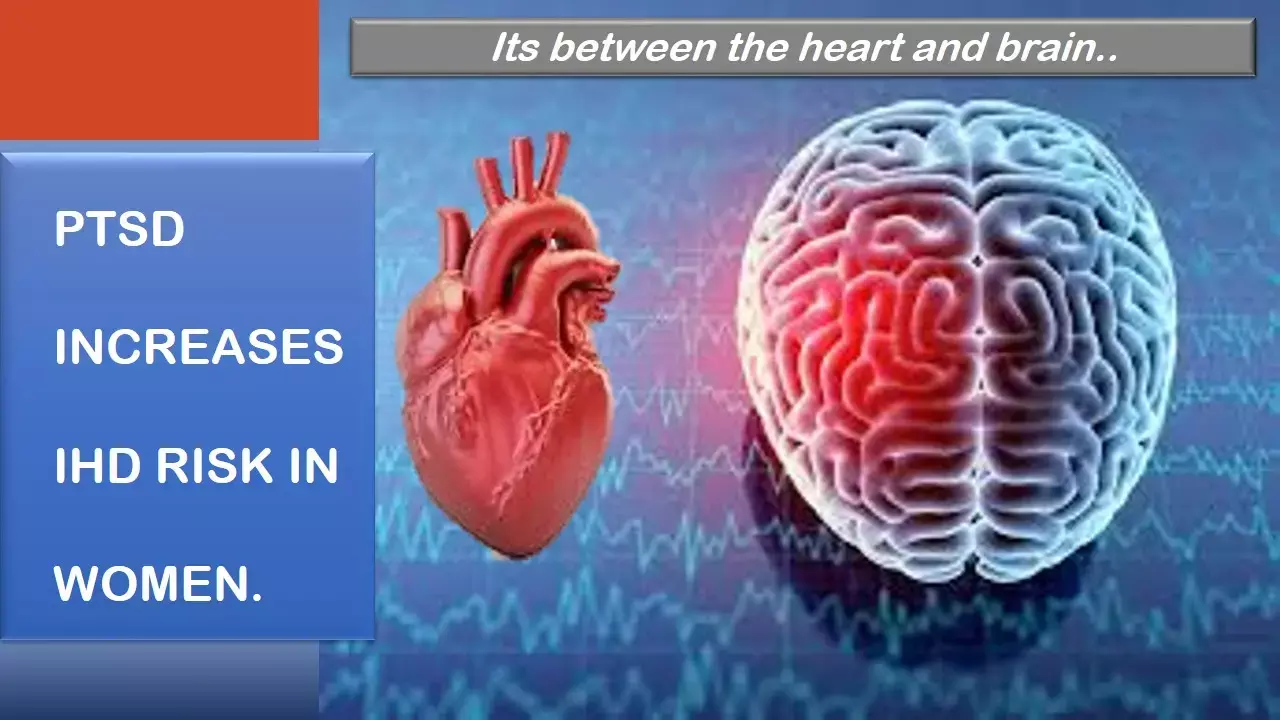- Home
- Medical news & Guidelines
- Anesthesiology
- Cardiology and CTVS
- Critical Care
- Dentistry
- Dermatology
- Diabetes and Endocrinology
- ENT
- Gastroenterology
- Medicine
- Nephrology
- Neurology
- Obstretics-Gynaecology
- Oncology
- Ophthalmology
- Orthopaedics
- Pediatrics-Neonatology
- Psychiatry
- Pulmonology
- Radiology
- Surgery
- Urology
- Laboratory Medicine
- Diet
- Nursing
- Paramedical
- Physiotherapy
- Health news
- Fact Check
- Bone Health Fact Check
- Brain Health Fact Check
- Cancer Related Fact Check
- Child Care Fact Check
- Dental and oral health fact check
- Diabetes and metabolic health fact check
- Diet and Nutrition Fact Check
- Eye and ENT Care Fact Check
- Fitness fact check
- Gut health fact check
- Heart health fact check
- Kidney health fact check
- Medical education fact check
- Men's health fact check
- Respiratory fact check
- Skin and hair care fact check
- Vaccine and Immunization fact check
- Women's health fact check
- AYUSH
- State News
- Andaman and Nicobar Islands
- Andhra Pradesh
- Arunachal Pradesh
- Assam
- Bihar
- Chandigarh
- Chattisgarh
- Dadra and Nagar Haveli
- Daman and Diu
- Delhi
- Goa
- Gujarat
- Haryana
- Himachal Pradesh
- Jammu & Kashmir
- Jharkhand
- Karnataka
- Kerala
- Ladakh
- Lakshadweep
- Madhya Pradesh
- Maharashtra
- Manipur
- Meghalaya
- Mizoram
- Nagaland
- Odisha
- Puducherry
- Punjab
- Rajasthan
- Sikkim
- Tamil Nadu
- Telangana
- Tripura
- Uttar Pradesh
- Uttrakhand
- West Bengal
- Medical Education
- Industry
Women, PTSD, and heart disease, JAMA study confirms a strong link

Los Angeles. Despite advances in prevention and treatment and corresponding decreases in IHD mortality during the past few decades, ischemic heart disease (IHD) remains an understudied, underdiagnosed, and undertreated condition in women. A recently published study in JAMA has shown that post-traumatic disorder (PTSD) is associated with increased risk of IHD in women veterans and this may have implications for IHD risk assessment in vulnerable individuals.
Longitudinal research suggests that PTSD is associated with greater risk of IHD but much of this work has been in predominantly male veterans. Studying the PTSD-IHD association in women veterans is important, because these women represent a growing population with high levels of trauma exposure and a unique cardiovascular risk profile.
In this retrospective, longitudinal cohort study of the national Veterans Health Administration (VHA) electronic medical records, with a priori hypothesis that PTSD would be associated with greater risk of IHD onset was tested. Women veterans 18 years or older with and without PTSD were assessed for study eligibility. Exclusion criteria consisted of no VHA clinical encounters after the index visit, IHD diagnosis at or before the index visit, and IHD diagnosis within 90 days of the index visit. Propensity score matching on age at index visit, number of prior visits, and presence of traditional and female-specific cardiovascular risk factors and mental and physical health conditions was conducted to identify women veterans ever diagnosed with PTSD, who were matched in a 1:2 ratio to those never diagnosed with PTSD.
A total of 398 769 women veterans, 132 923 with PTSD and 265 846 never diagnosed with PTSD, were included in the analysis. In a Cox proportional hazards model, PTSD was significantly associated with greater risk of developing IHD. Secondary stratified analyses indicated that younger women veterans with PTSD were at greater risk of incident IHD. Effect sizes were largest for those younger than 40 years at baseline and decreased monotonically with increasing age.
This study represents the largest investigation of the link between PTSD and incident IHD in women veterans.
"This study extends growing research linking PTSD to adverse cardiovascular outcomes, and we found that women veterans with PTSD had a 44% higher rate of developing IHD compared with those without PTSD", noted the authors.
"With the number of women veterans growing, it is critical to appreciate the health care needs of this relatively young and diverse patient population. Our results may have important implications for earlier and more aggressive IHD risk assessment, monitoring, and management in vulnerable women veterans:, concluded Ebrahimi et al from Veterans Affairs Greater Los Angeles Health Care System.
Source: JAMA Cardiology. doi:10.1001/jamacardio.2021.0227
MBBS, MD , DM Cardiology
Dr Abhimanyu Uppal completed his M. B. B. S and M. D. in internal medicine from the SMS Medical College in Jaipur. He got selected for D. M. Cardiology course in the prestigious G. B. Pant Institute, New Delhi in 2017. After completing his D. M. Degree he continues to work as Post DM senior resident in G. B. pant hospital. He is actively involved in various research activities of the department and has assisted and performed a multitude of cardiac procedures under the guidance of esteemed faculty of this Institute. He can be contacted at editorial@medicaldialogues.in.
Dr Kamal Kant Kohli-MBBS, DTCD- a chest specialist with more than 30 years of practice and a flair for writing clinical articles, Dr Kamal Kant Kohli joined Medical Dialogues as a Chief Editor of Medical News. Besides writing articles, as an editor, he proofreads and verifies all the medical content published on Medical Dialogues including those coming from journals, studies,medical conferences,guidelines etc. Email: drkohli@medicaldialogues.in. Contact no. 011-43720751


